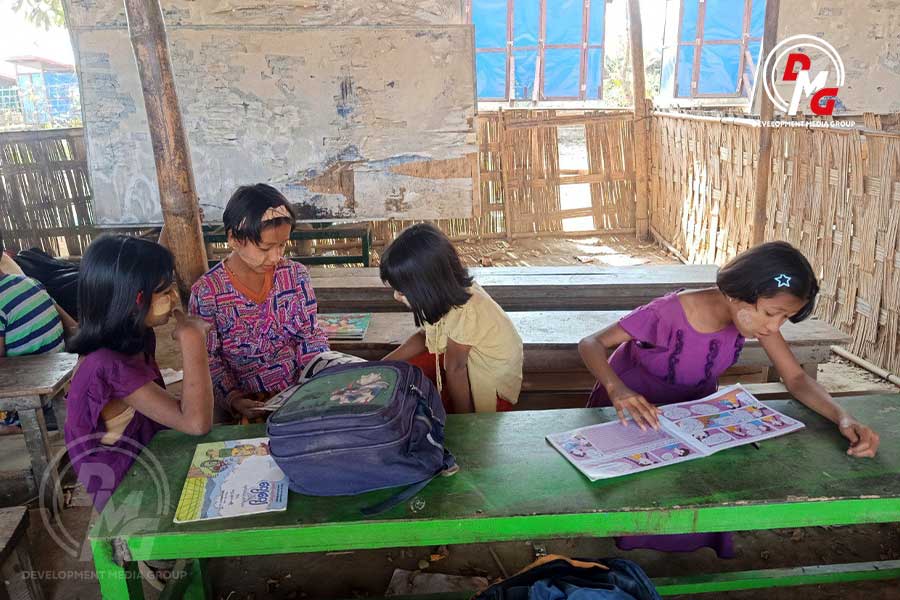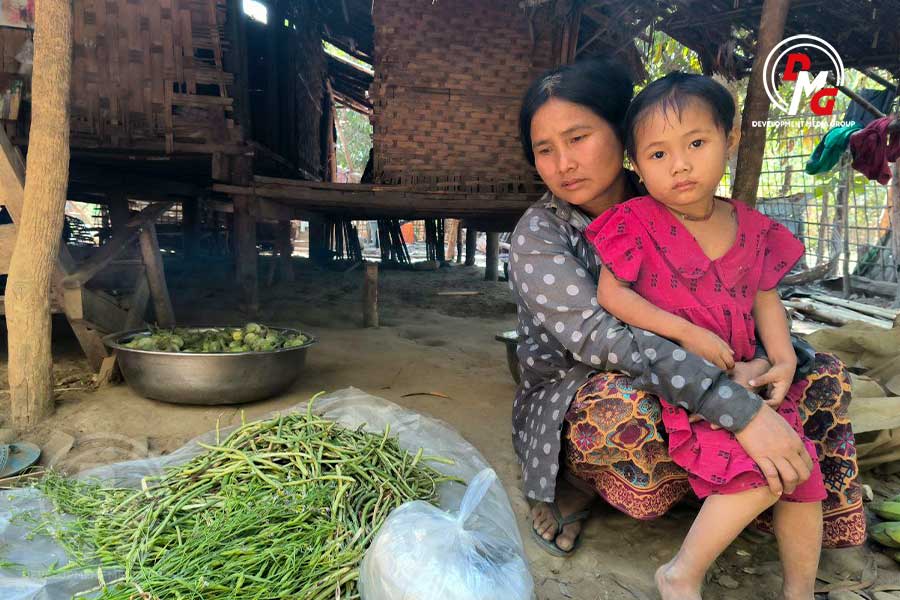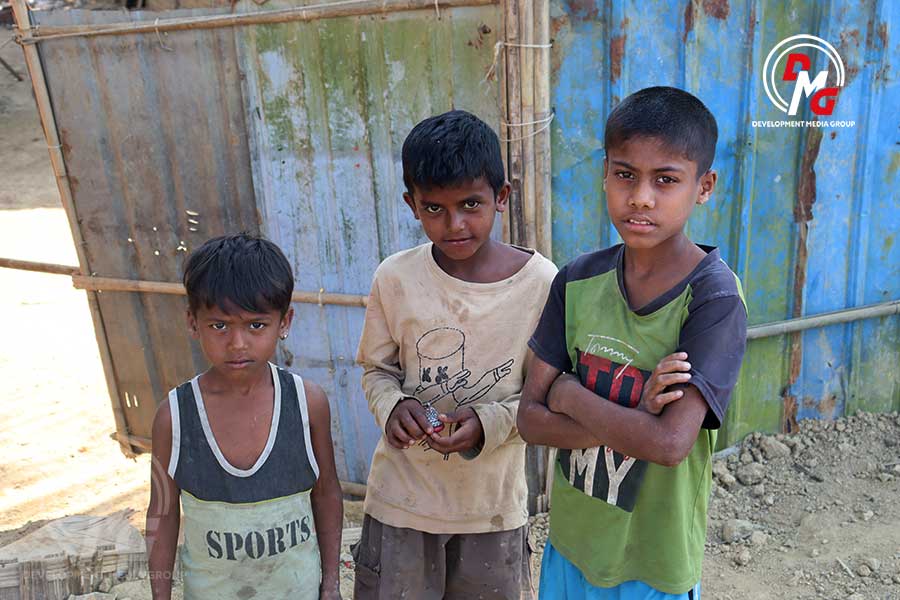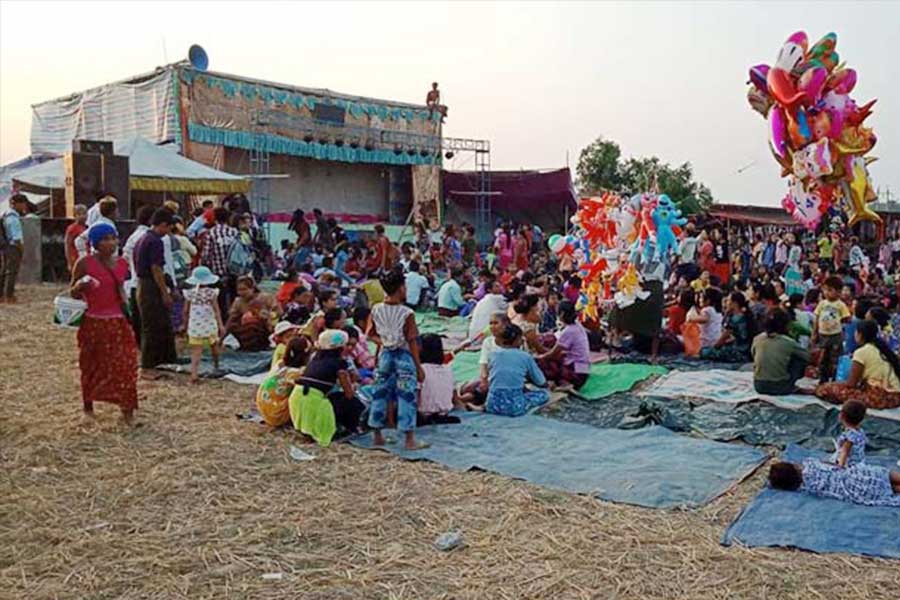- Free schools for IDP children in Arakan State struggle to stay open amid funding shortfall
- Female-headed IDP households in Ponnagyun Twsp struggle as commodity prices surge
- Min Aung Hlaing likely to take State Counsellor role in post-election government formation: Analysts
- Hindus express hope for educational reform under AA administration
- Arakanese zat pwe performers struggle to survive as conflict halts traditional shows
Price of sanitary pads jumps fourfold in parts of Arakan State
Apack of Blue brand sanitary pads that previously cost K800 now sell for more than K3,000 amid a supply shortage.
21 Dec 2023

DMG Newsroom
21 December 2023, Sittwe
The price of sanitary pads in Arakan State townships such as Rathedaung, Pauktaw, Minbya, Myebon and Kyaukphyu has increased up to four times the previous price due to junta blockades of roads and waterways triggered by renewed fighting last month.
Apack of Blue brand sanitary pads that previously cost K800 now sell for more than K3,000 amid a supply shortage.
“The price of the lowest type of sanitary pad has gone up to K3,600. Shortages of sanitary pads are reported in some townships in Arakan State. Aid groups should provide women with sanitary pads,” said a local woman in Minbya Township.
Shortages of consumer goods have been reported in Arakan State since the junta blockades following renewed hostilities between the military and Arakan Army (AA) on November 13.
Women in some rural villages have turned to a traditional method of using cloth rags for their periods to save money and also due to an increase in the price of sanitary pads.
“We are self-conscious about using cloth rags for our periods. We dare not go to the village during our periods. We know that using cloth rags instead of sanitary pads is not good for our health, but we have no choice but to do it as it is convenient” said a local woman in Pauktaw Township.
As a result of the military conflict, those living in camps for internally displaced people (IDPs) are facing health challenges as well as financial difficulties due to a dwindling donor base.
“Previously, donors donated sanitary pads to us. It has been two months since the donors came to the displacement camp. We cannot afford to buy sanitary pads because we are unemployed and have no regular income. We are struggling to make ends meet due to lack of food supplies,” said Daw May Su Hlaing, an IDP woman from Ceditaung displacement camp in Rathedaung.
Health workers advise women to take certain precautions if forced to use the traditional method for their periods.
“If women use cloth rags for their periods, they should iron and dry the cloth rags in the sun. When drying cloth rags in the sun, they must be dried systematically to prevent infection, and these cloth rags must be changed every three hours,” said a doctor from a civil society organisation in Arakan State.
Health workers said that if sanitary pads or cloth rags are not used properly when women are menstruating, it can cause vaginal irritation, fungal infections and urinary tract infections.
Shortages of food, medicine and fuel are reported and commodity prices have skyrocketed across large swaths of Arakan State as a result of the junta blockades.

















.jpg)